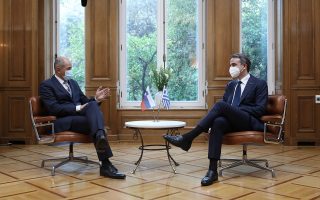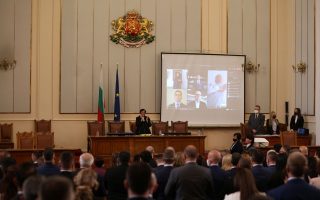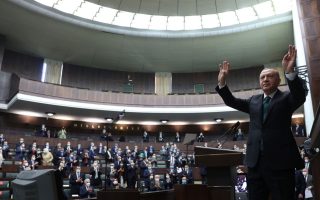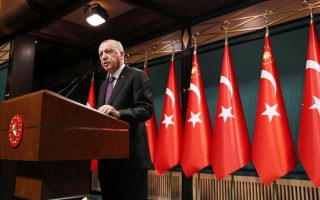‘Positive climate’ and reality
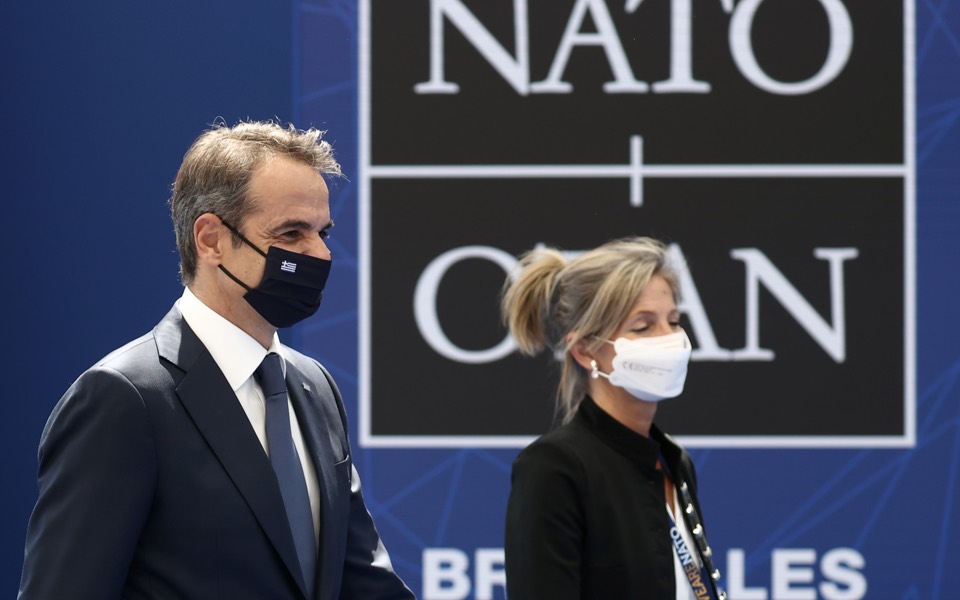
Rightly, Prime Minister Kyriakos Mitsotakis went to the meeting with Recep Tayyip Erdogan with low expectations and no illusions. Turkey is not going to change its stance on Greece, it will not cease making demands, it will not stop believing that its sphere of geopolitical influence and interests includes this country, something that the Greek side must accept definitively, irrevocably and without objections. These stand irrespective of statements made after the meeting and irrespective of the climate that will be formed after the meeting between Erdogan and US President Joe Biden.
Ankara’s intentions are not apparent from the neutral, or at least moderate, statement made by the Turkish president before the meeting. He said that the ongoing dialogue between Athens and Washington, DC in recent weeks helped resolve some bilateral issues. Nor does the Greek side’s estimation that the meeting between the two leaders was conducted in a positive climate and thus contributed to breaking the ice, in order to avoid confrontations in the near future, change the reality. The reality, which was until recently determined either by the Turkish defense minister, who said that since 1821 Greece has been following an expansive policy against its eastern neighbor (apparently equating present-day Turkey with the Ottoman Empire), or by Erdogan’s adviser, who said that the Greeks will drown in the Aegean once again, as in 1922.
It is clear that Defense Minister Hulusi Akar’s repeated statements are in tune with the neo-Ottoman policy the Erdogan regime is promoting under the “Blue Homeland” doctrine, which sees all the liberation struggles of the 19th century against Ottoman rule that resulted in the creation of the modern Balkan states, as well as the First Balkan War, as “expansive policy.” It is therefore clear that the primary goal of present-day Turkey is to nullify, in one way or another, issues covered and sealed by the Treaty of Lausanne. This they do not hide.
The aforementioned observations do not question the necessity of ongoing dialogue to avoid all kinds of provocation and to foster a calmer climate. However, the Greek political class must not delude itself as to our neighbor’s intentions. A change of tactics due to external pressures and needs, as is happening now, does not alter Ankara’s long-term strategic goals. These will not change, whether Turkey remains loyal to the West because it is forced to, or if it chooses its own different path. We must not forget Turkey’s perpetual struggle to separate the Greek issues and the Cyprus dispute from its relations with the rest of the EU and the USA. So, to conclude, yes to dialogue and a calm climate, but with a vigilant eye and proper armor.
